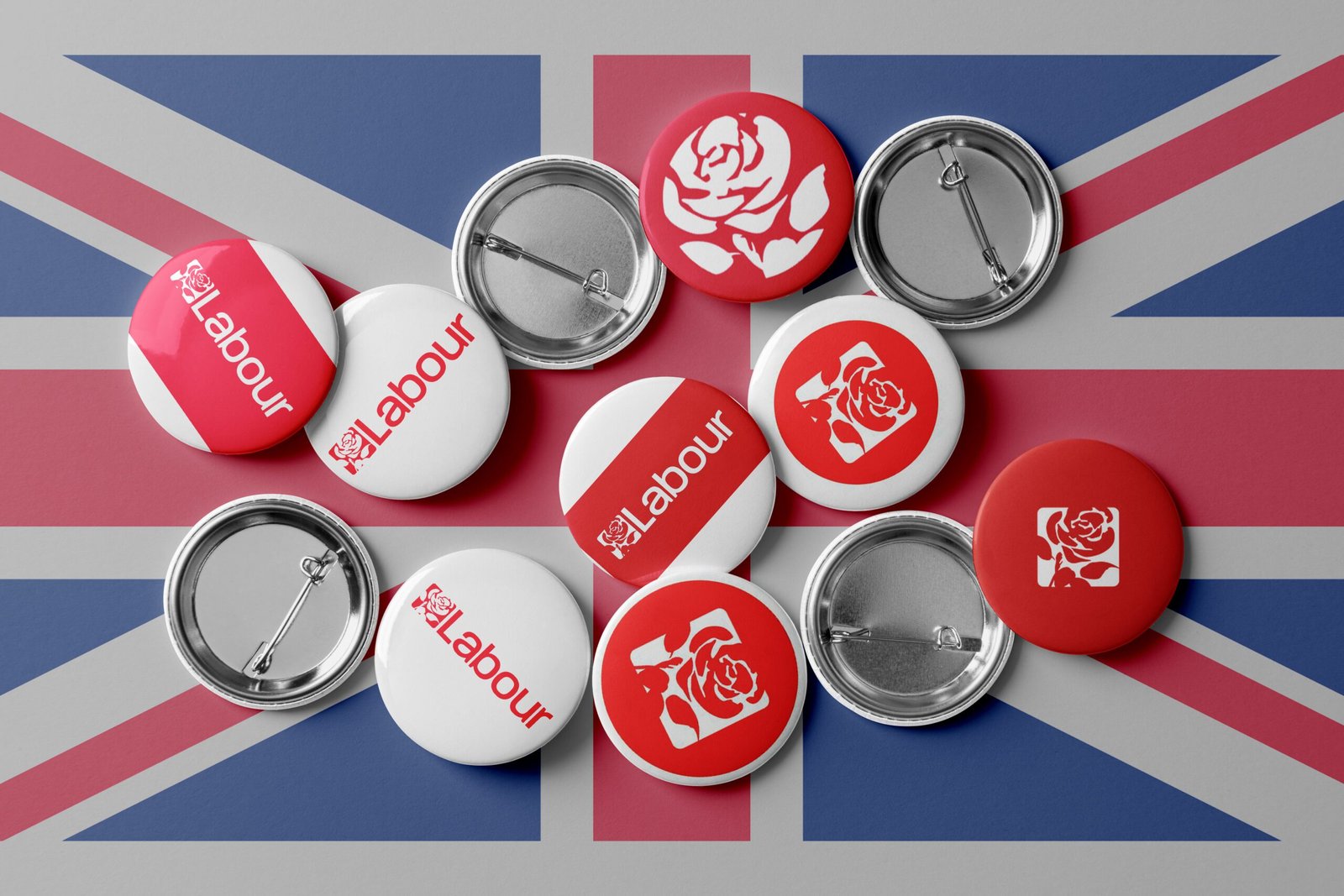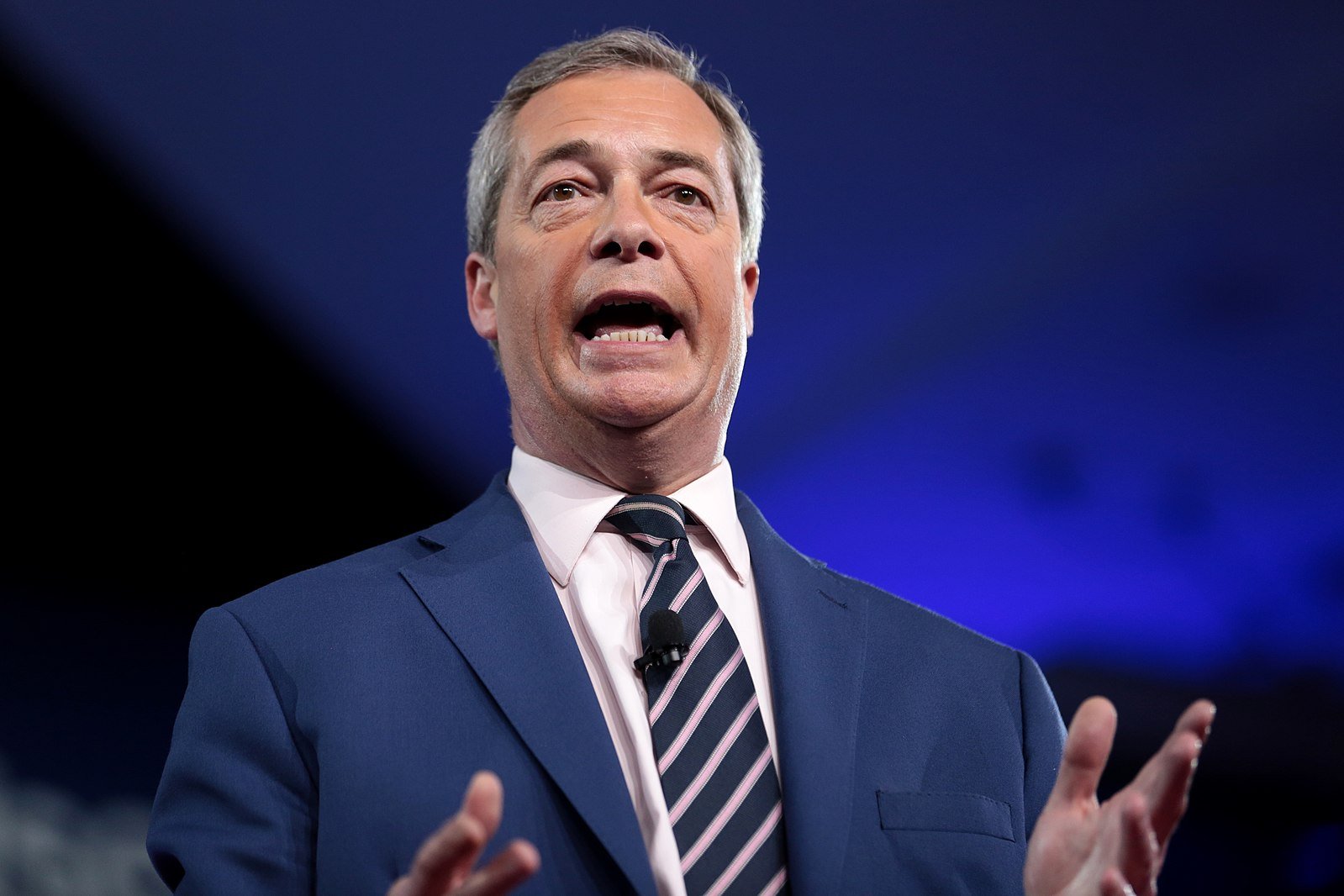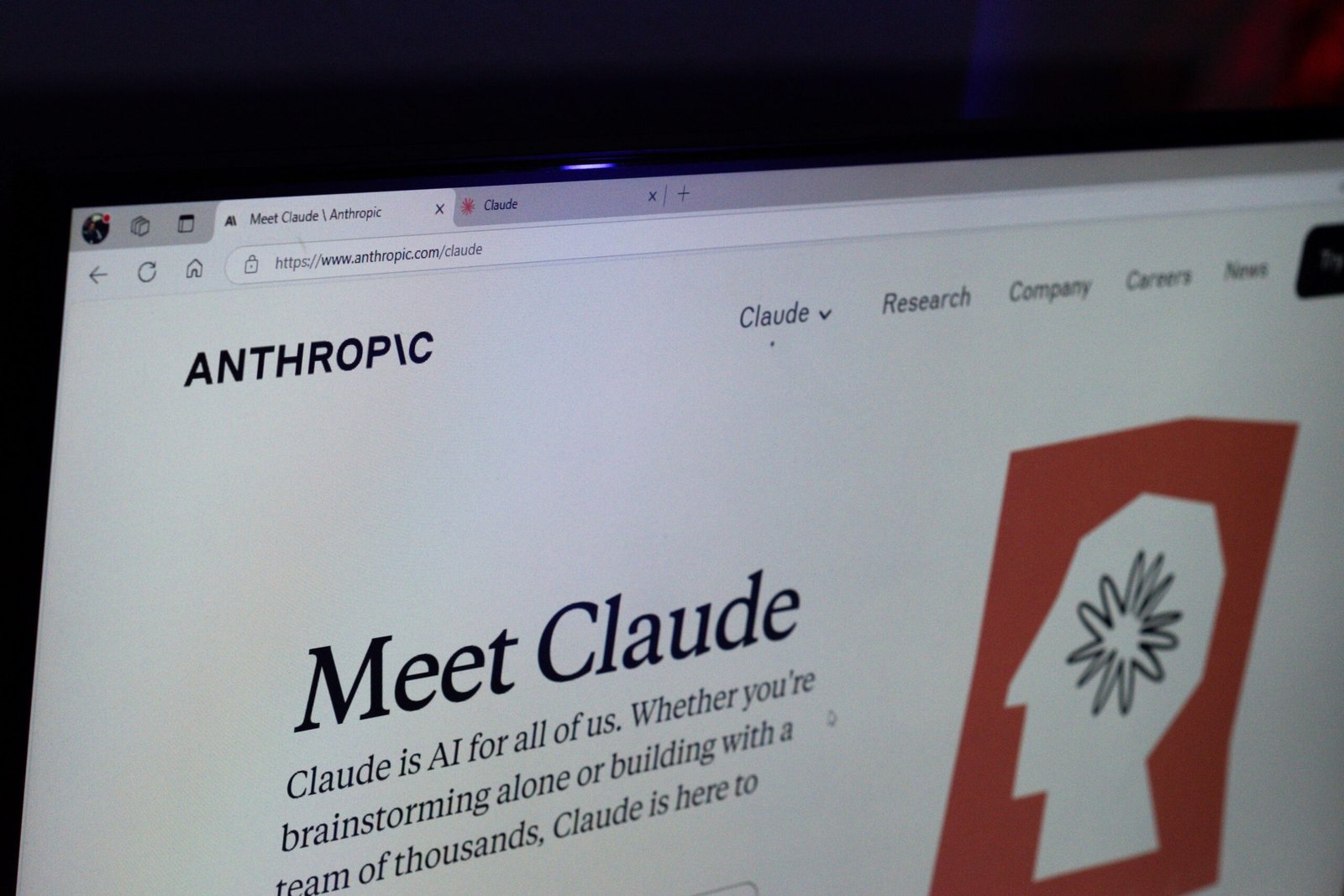
Labour’s decision to cut universal Winter Fuel Payments sparks internal party revolt, icy reactions from unions, and fears of a political cold front
In a political climate already simmering with tension, the Labour government’s decision to means-test the Winter Fuel Payment has ignited a firestorm of criticism from within its own ranks. The policy shift, which removes the universal benefit for approximately 10 million pensioners, was announced by Chancellor Rachel Reeves in July 2024, catching many by surprise.
The Winter Fuel Payment, introduced in 1997, has long been a staple of the UK’s social support system, providing financial assistance to the elderly during the colder months. The abrupt move to restrict this benefit to only those receiving Pension Credit or other means-tested support has left many pensioners out in the cold—both literally and figuratively.
The timing of the announcement, just before the Commons party conference season recess, limited immediate parliamentary response. However, as MPs returned to Westminster, the backlash was swift and severe. Constituents flooded their representatives with concerns, prompting several Labour MPs to express their dismay publicly.
Facing mounting pressure, Prime Minister Keir Starmer conceded to demands for a Commons vote on the policy. On September 10, 2024, the government secured a majority of 120 votes to implement the changes, despite 52 Labour MPs abstaining and one voting against the measure. The vote’s outcome did little to quell the unrest, as many viewed the policy as a betrayal of Labour’s commitment to social welfare.
The Trades Union Congress (TUC) and other labor unions voiced strong opposition, urging the government to reconsider. At the Labour Party conference later that month, a motion opposing the policy was scheduled for debate. However, its postponement to the conference’s final day—after Starmer’s departure—was met with boos and jeers, signalling deep dissatisfaction among party members.
Unite, one of Labour’s largest affiliated unions, accused the conference organizers of attempting to silence dissent. The motion ultimately passed, highlighting the growing rift between the party’s leadership and its base.
Critics argue that the policy undermines the universality principle of the welfare state and disproportionately affects vulnerable populations. Supporters contend that targeting the benefit ensures resources are allocated to those most in need, aligning with fiscal responsibility goals.
As winter approaches, the political fallout from this decision continues to unfold. The Labour government faces the challenge of reconciling its fiscal policies with its social welfare commitments, all while maintaining party unity. Whether this policy shift will prove to be a prudent adjustment or a misstep with lasting repercussions remains to be seen.
Image – Chris McAndrew / UK Parliament (Attribution 3.0 Unported (CC BY 3.0))





